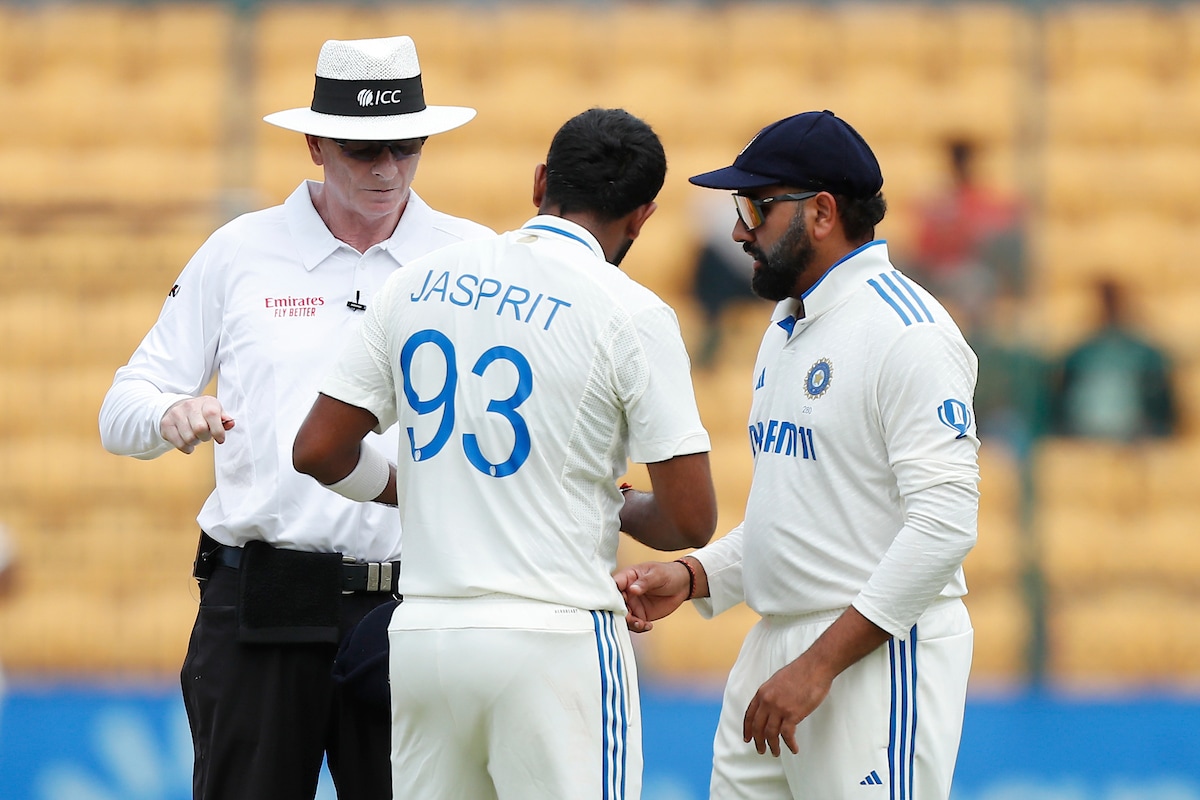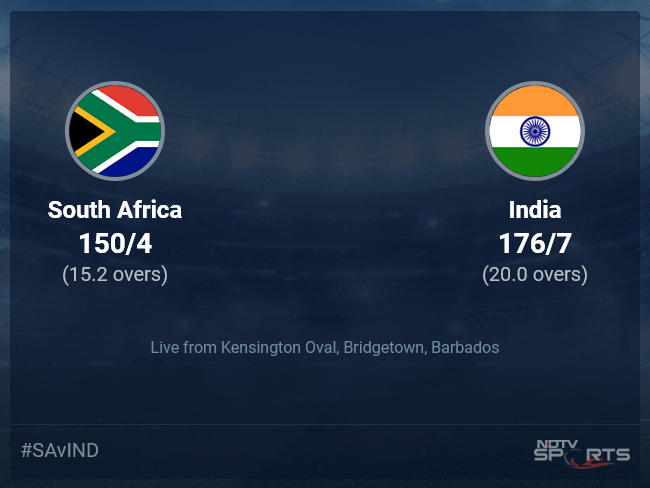Every year, lexicographers compile their dictionaries by analysing social media platforms to identify new words for inclusion. Many of these words reflect the diverse social trends of that specific year. In 2024, many words emerged from social media and various cultural trends. Most of these dictionaries shortlist the words to reflect the moods and conversations that have helped shape the past year. Below are some of the most prominent trending words of 2024.
Brain rot
Oxford University Press announced ‘brain rot’ as the Oxford Word of the Year for 2024 after a public vote in which more than 37,000 people had their say. Brain rot is defined as “the supposed deterioration of a person’s mental or intellectual state, especially viewed as the result of overconsumption of material (now particularly online content) considered to be trivial or unchallenging. Also: something characterized as likely to lead to such deterioration”.
The term ‘brain rot’ emerged with renewed significance this year, reflecting growing apprehensions regarding the effects of consuming excessive amounts of low-quality online content, particularly on social media platforms. Its usage frequency surged by 230% from 2023 to 2024. The first recorded use of ‘brain rot’ was found in 1854 in Henry David Thoreau’s book Walden.
The term has become significant in the digital age, especially in 2024. Since gaining traction on social media platforms-particularly on TikTok among Gen Z and Gen Alpha communities- ‘brain rot’ is now becoming more widely used amid societal concerns about overconsuming online content.
Manifest
Manifest was searched nearly 130,000 times on the Cambridge Dictionary website, establishing it as one of the most frequently viewed words of 2024. This led them to announce Manifest as Cambridge Dictionary Word of the Year 2024. Manifest is defined as “to use methods such as visualization (= picturing something in your mind) and affirmation (= repeating positive phrases) to help you imagine achieving something you want, in the belief that doing so will make it more likely to happen”.
The Cambridge Dictionary reports that the word manifest moved from being primarily used in the self-help community and on social media to being mentioned widely in mainstream media in 2024. Recently, a lot of celebrities claimed that they have achieved something because they ‘manifested’ it. With this they mean that one can use specific practices to focus your mind on something you want, to try to make it become a reality.
Brat
Brat was chosen as Collins’ Word of the Year 2024. Originally used to describe a misbehaving child, ‘brat’ is now defined as ‘characterized by a confident, independent, and hedonistic attitude’. The term ‘brat,’ inspired by the Charli XCX album, has emerged as one of the most discussed words of 2024. Beyond being a highly successful album, ‘brat’ represents a cultural phenomenon that has struck a chord with people worldwide.
Brat also found its way to the shotlisted words of Cambridge Dictionary Word of the Year 2024 but didn’t make the cut.
Demure
Demure was chosen as Dictionary.com’s 2024 Word of the Year. Demure is traditionally used to describe the reserved, quiet, or modest person. However, a new interpretation has emerged on social media, characterizing someone as refined and sophisticated.
In 2024, the usage of “demure” saw a significant increase, especially after TikTok star Jools Lebron popularized the phrase “very demure, very mindful” in a series of videos posted to the platform in early August.
Enshittification
The word ‘enshittification’ has been crowned Macquarie Dictionary’s word of the year. The dictionary defined the word as “the gradual deterioration of a service or product brought about by a reduction in the quality of service provided, especially of an online platform, and as a consequence of profit-seeking.” In short, any deterioration of products and services online is termed as enshittification.
Many people use enshittification to talk about the changes on various social media platforms particularly when applications or websites become worse due to companies’ pursuit of increased profits.
There are several other notable words of 2024 that were included in the shortlists, but didn’t make the cut to become the word of the year 2024. But these are also widely searched and most-used in this year. Here are some of them:
Delulu
Delulu was shortlisted in Collin’s Dictionary Word of the Year 2024. It is defined as “utterly mistaken or unrealistic in one’s ideas or expectations”. The term delulu originated in the K-pop community and later spread to other parts of the world. It is a combination of the word “delusional” and “lulu”. It was used to describe fans who had unrealistic expectations of encountering a celebrity.
In India, the expression ‘delulu is the solulu’ gained popularity following its adoption by celebrities, leading to widespread usage across social media platforms. This phrase suggests that self-confidence is essential for realizing one’s aspirations, regardless of how unrealistic they might appear.
Slop
Slop was selected among the shortlisted words by Oxford University Press (OUP). Slop is defined as “art, writing, or content generated using artificial intelligence, shared and distributed online in an indiscriminate or intrusive way, and characterized as being of low quality, inauthentic or inaccurate.”
According to OUP, slop has been used to refer to cultural material since at least the mid-nineteenth century, originally being applied to overly sentimental literature and later more generally to nonsense or rubbish. In 2024, OUP saw a 332% increase in the use of ‘slop’ to refer specifically to material produced using a large language model (LLM), which is often viewed as being low-quality or inaccurate.
Extreme weather
Extreme weather found a place in the shortlist of Dictionary.com’s Word of the Year. In 2024, extreme weather has become a part of everyday vocabulary rather than just a scientific term. Extreme weather is defined as “a period of weather or a weather event that is severe and unexpected or abnormal for the location or season in which it occurs.”
The year 2024 saw an increase of this term in web searches particularly due to extreme climate conditions globally. From record-breaking temperatures to flooding in various countries, the use of the word extreme weather has increased compared to 2023.
Resilience
Resilience was one of the shortlisted words by Cambridge Dictionary’s Word of the Year. This is a word often used by many people and is defined as “the ability to be happy, successful, etc. again after something difficult or bad has happened.”
According to the Cambridge Dictionary, at 152,000 overall lookups, resilience scored even higher than manifest (official selection for the word of the year) did. It’s a powerful word, reflecting the strength and adaptability needed in challenging times.
Romantasy
Romantasy was shortlisted by both Oxford University Press and Collins’ Dictionary. Romantasy is defined as “a genre of fiction combining elements of romantic fiction and fantasy, typically featuring themes of magic, the supernatural, or adventure alongside a central romantic storyline.”
According to Oxford University Press, ‘romantasy’ originates from 2008 when the word was used as a genre label by Random House in Germany, for a German translation of an English romantic fantasy novel.
The romantasy genre is very popular in spaces on TikTok where people discuss and recommend books—a community known as BookTok—which may have contributed to wider awareness and use of the word.
Published – December 16, 2024 04:27 pm IST














